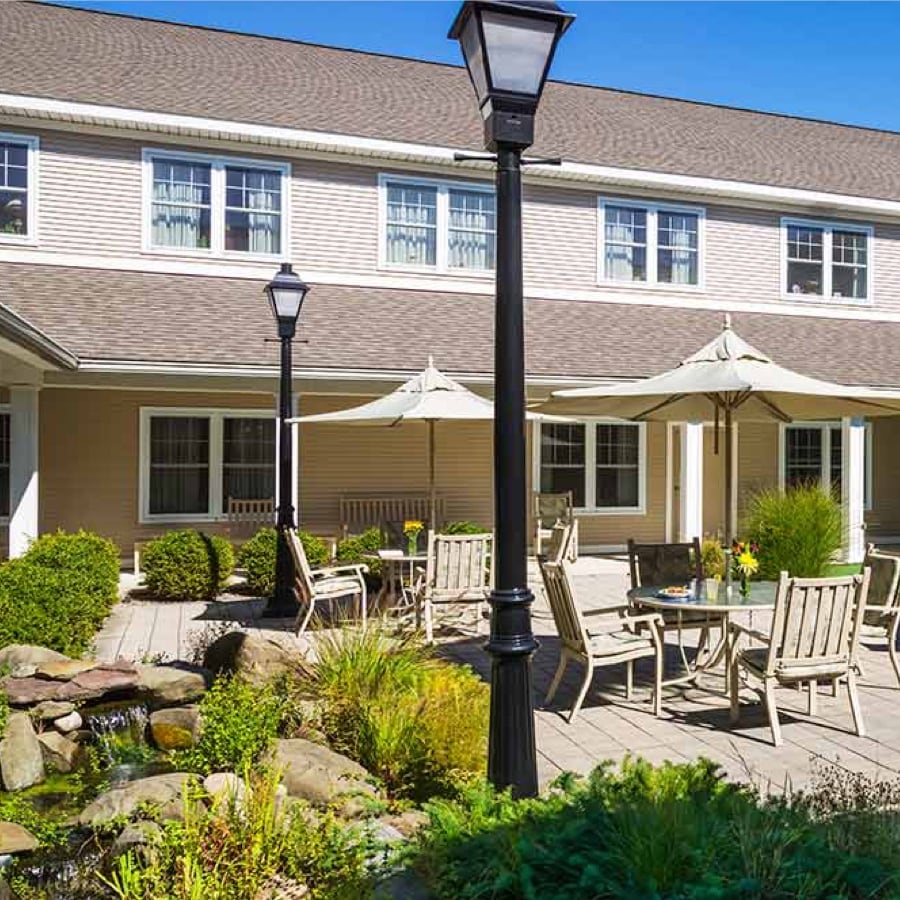Forgetfulness can be scary. Many people worry that becoming forgetful is the first sign of Alzheimer’s disease. But, not all memory related issues are directly related to Alzheimer’s. As you age, there are a variety of factors that contribute to memory loss. Memory loss can happen because of changing medical conditions, emotional problems, cognitive impairments or forms of dementia.
Knowing the difference between memory loss with age and memory loss because of Alzheimer’s is important so that you can put your mind at ease and be aware of early warning signs.
What is Normal Memory Loss?
According to the US Centers for Disease Control and Prevention, one in nine people over the age of 45 experience some form of memory loss. And when it comes to memory loss associated with age, there are some distinct differences from the early signs of Alzheimer’s or dementia. It’s not uncommon to take longer to learn new things, to forget information you used to remember with ease, or misplace things. Mild forgetfulness is not the same thing as early Alzheimer’s disease.
Below are some clear distinctions to help you understand what is normal memory loss and what is a sign of Alzheimer’s:
Memory Loss: Making a bad decision once in a while
Alzheimer’s Disease: Regularly using poor judgment and making bad decisions frequently
Memory Loss: Struggling to remember details of a conversation or event that happened months or years ago
Alzheimer’s Disease: Having trouble remembering details of very recent conversations or events
Memory Loss: On rare occasions, losing words or forgetting someone’s name
Alzheimer’s Disease: Frequently pausing, losing train of thought or using different words to replace forgotten ones
Memory Loss: Losing track of things from time to time, like keys or glasses or paying a bill
Alzheimer’s Disease: Misplacing things frequently and being unable to find them without help
Memory Loss: Being worried that memory loss is becoming an issue, but family members don’t seem concerned
Alzheimer’s Disease: Being completely unaware there is an issue with memory, but family members are showing signs of concern
When to See a Doctor for Alzheimer’s Memory Loss
If what you’re experiencing seems to line up with normal memory loss symptoms, you might want to consider making small changes to help improve your memory and limit the number of issues you experience.
Some things to try:
- Create a daily routine and stick to it
- Assign designated locations for important items and documents
- Get plenty of rest and maintain a healthy diet
- Repeat information to yourself or keep things in a diary or notebook
- Engage in some brain stimulating activities like puzzles or reading
If your loved ones are showing signs of concern that your memory loss might be more than just normal aging, it is time to make an appointment with your doctor. The earlier you can get a proper diagnosis, the better the outcome in terms of treatment plans.
Finding Support at Peregrine Senior Living
As you age, it’s important to find support through every stage of retirement. If you have concerns about living alone or are dealing with a recent Alzheimer’s diagnosis, Peregrine Senior Living might be a good fit for you. Our unique approach to senior living offers a life-affirming culture that encourages seniors to search for purpose despite memory loss. We encourage you to learn more about what our community has to offer and to see if we are a good fit for your future.











